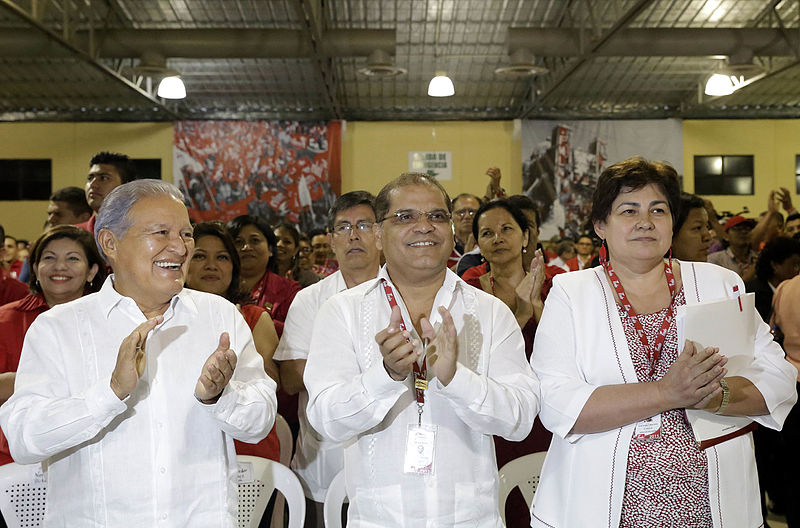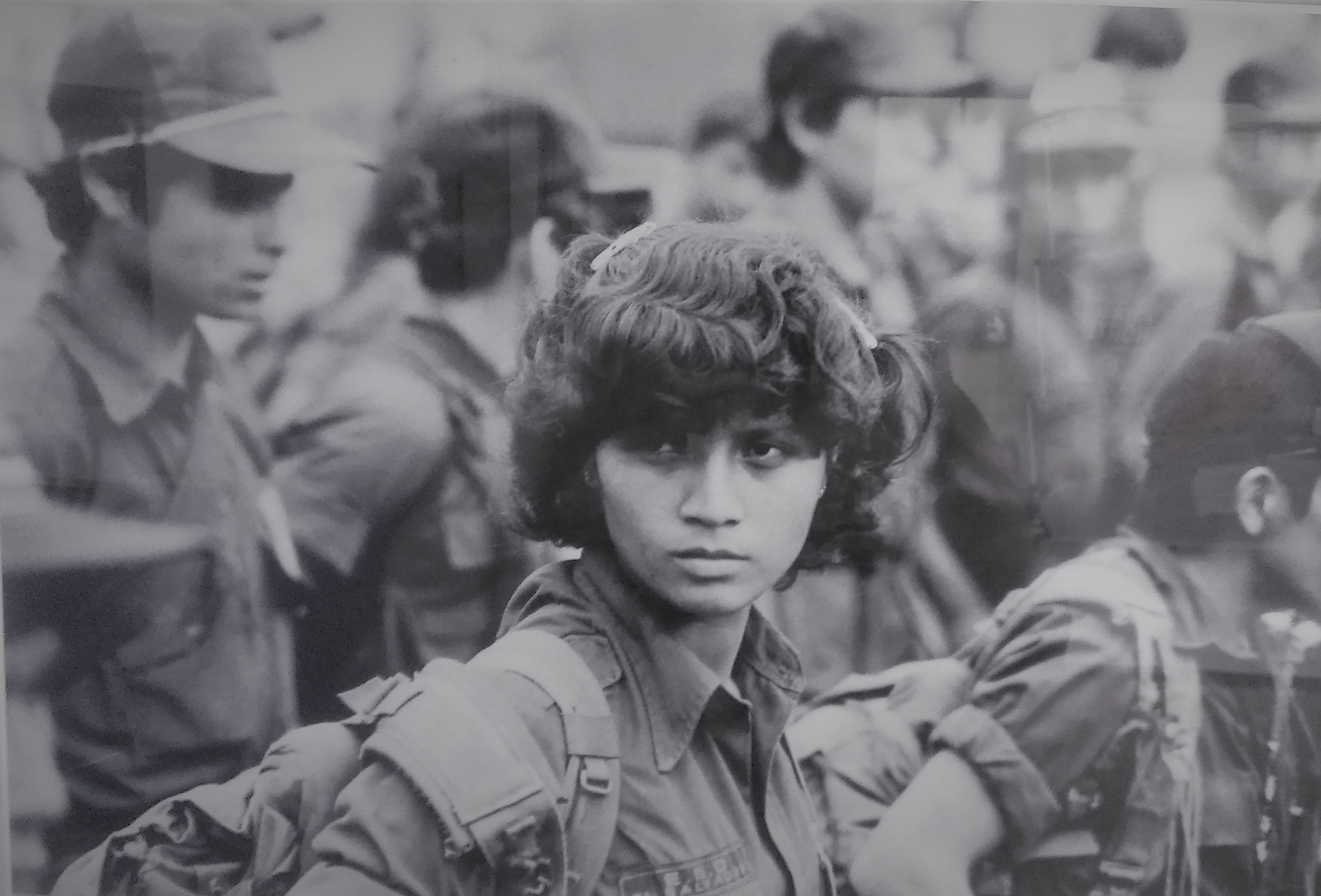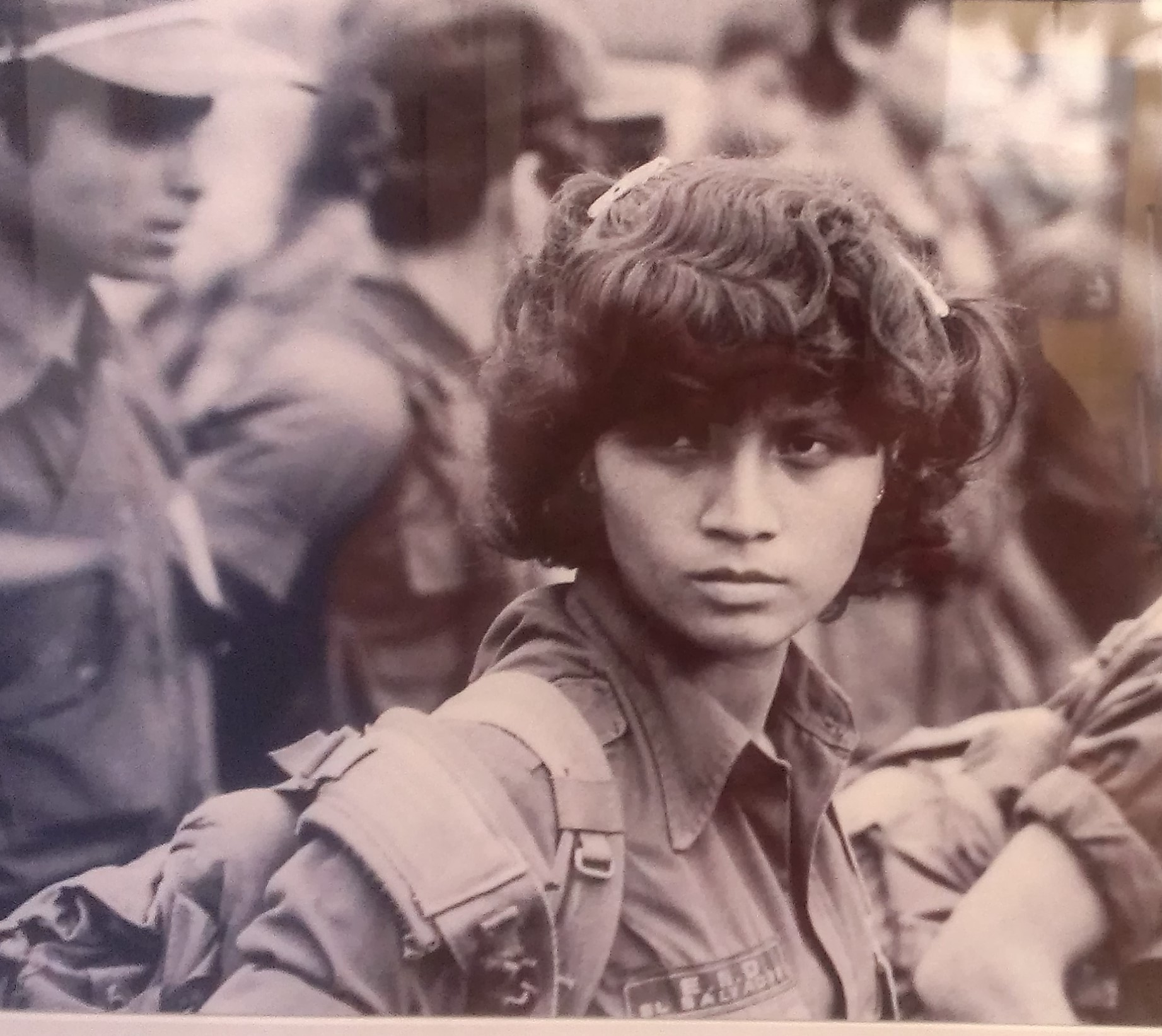On Feb 9, the President of El Salvador, Nayib Bukele, entered the legislative palace, accompanied by the military, to demand lawmakers approve a $109 million loan to carry out the next phase of his “national security” plan.
Overstepping the powers of his office, he had called for this “extraordinary emergency session” only two days prior, threatening lawmakers to compel their attendance by sending military personnel to their homes to dismiss their personal security details.
With snipers on the roof of the building, Bukele, in an unprecedented move, the likes of which have not been seen since the times of the brutal Salvadoran civil war, walked into the chambers and shocked the 28 out of 84 members of the legislative body who had capitulated to his demands and actually shown up.
With heavily armed members of the military standing by, he sat in the assembly president’s chair and tried to start the session by saying, “Now I think it’s quite clear who has control of the situation.”
After exiting the chambers, he addressed a group of supporters he had convened earlier and proclaimed that God spoke to him and told him to have “patience,” and that he gave lawmakers one week to approve his plan.
Although events sound like they could have been taken straight out of the pages of the long and brutal history of Latin American military dictatorships, in fact they occurred this month.
The actions of Bukele were in direct violation of the 1992 peace accords that put an end to the brutal Salvadoran civil war.
Following this, members of the legislative body from both the country’s two major parties filed a lawsuit against the administration. Then, the very next day after this spectacle of force, the Salvadoran Supreme Court ruled the acts were unconstitutional and warned the president against any future use of the military and law enforcement that threatens the democratic institutions in place in the country.
At first, Bukele objected to the ruling of the court and promised his supporters via Twitter he would not let any resolutions stop him. But it seems as though his tactics backfired since soon after that, a statement went out from his administration, calling on his supporters to stay calm and that he wouldl adhere to the court’s ruling.
Bukele did not anticipate the major national and international blowback from his actions. Many inside of the country from both sides of the political spectrum and from most sectors in society labeled his antics as dictatorial and borderline fascist. To most, this was a too familiar image, a flashback to the times of the brutal military dictatorships in the country’s past. Even some of the legislative members of his own party GANA (Grand Alliance for National Unity) that were present in the palace criticized the use of the military.
Outside of the country, international bodies like the Parlatino (Latin American Parliament) and many international human rights groups protested and condemned the actions of the president.
To the surprise of no one, the right-wing Organization of American States at first supported the actions of the president and gave him their full backing, later replacing their support with a call for calm and respect for “democracy,” only after increasingly widespread global outcry.
This is a major blow for recently elected president Bukele, who had spent years building an image of himself as a new, fresh, millennial face, an outsider, innovator and fighter of corruption only to finally show his true face. That face is no different from his repressive right-wing predecessors, as well as right-wing allies in the region, like Bolivian coup president Jeanine Anez, who like Bukele also has experience with divine intervention, when after the coup she proclaimed “The Bible has returned to the presidential palace.”
The $109 million dollar loan Bukele is aggressively demanding from lawmakers is destined to go towards further inflating the budget of the military and law enforcement.
One of the main reasons lawmakers have refused to approve the loan is because the administration has not explained in detail how the money will be spent.
Aside from this, many suggest that his actions are nothing but an attempt to divert attention from his administration’s failure to resolve the severe drinking water crisis, the continuing social economic problems of a country with a poverty index of more than 30 percent, and last but not least from an ongoing investigation by the attorney general of members of his administration believed to have colluded with gangs when he was mayor of the capital, San Salvador.
Bukele’s so called national security plan is nothing but a continuation of his right-wing predecessors and the U.S. law and order approach towards the country’s widespread issues of gang violence and crime, which can be traced backed to the U.S. intervention during the bloody Salvadoran civil-war.
In the 1980s, the country was forced into a prolonged and bloody civil war, with right-wing forces armed and supported by the U.S. government. At one point, the support by the U.S. to crush the popular uprising reached $1 million per day. More than 75,000 people were killed with many more tens of thousands wounded.
The conflict left many to flee the country and seek refugee and asylum in the U.S. However, the same Reagan administration responsible for the conflict refused to recognize them as refugees and deported thousands back to El Salvador. Among those fleeing were many young people orphaned by the war and with no family networks who united and formed the MS-13 gang in Los Angeles. This gang which is responsible for daily violence in El Salvador, is the product of U.S. intervention in Central America and U.S. immigration policy.
Nayib Bukele is simply another puppet of the U.S. in the region. Since elected, he has joined the group of Lima in their ridiculous recognition of Juan Guaido as the legitimate president of Venezuela and even expelled all Venezuelan diplomats.
Following the Feb. 9 events in the palace, the Committee In Solidarity with the People of El Salvador protested in Los Angeles to denounce president Bukele’s actions and to demand more funding towards much social programs in the country, rather than the already over-sized military budget. Members of the Salvadoran immigrant community and allies including the Party for Socialismll and Liberation attended the rally to show their support.
All progressive people should stand with the people of El Salvador and condemn the undemocratic and dictatorial acts of the president.






